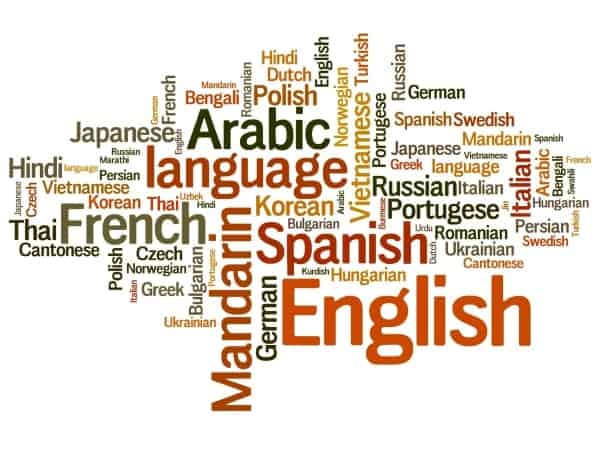
The importance of learning languages
Learning a foreign language is very beneficial for several reasons. Language teachers can communicate with students from different cultures. learning a foreign language can bridge social barriers, it also has huge effects on the long run, it benefits the human brain gaining a huge amount of cognitive skills, it can boosts brainpower it also can develop a person’s ability to deal with multiple tasks in a brilliant way. So how can all of this just come from learning different languages?
Learning a new language can benefit our memory by delaying the age of developing amnesia, memory loss, or what is scientifically called Alzheimer’s disease. Research shows that the elderly who belong to multilingual cultures can develop amnesia at the age of 75 whilst in monolingual cultures, they can get infected by amnesia at the age of 71. So we deduce that learning languages can improve memory because the more we use our brains by recalling the pieces of information, the more it functions and this makes it stronger. The capacity for recalling memories can be strong and losing memories won’t be that easy.
There is an increasing need for tolerance and respect in today’s world. Learning a new language can provide a opportunity for people to become familiar with one another.
This is also mentioned in the Quran where Allah SWT says,49:13 Learning a new language enables the learner to gain a wider understanding of different cultures on a larger scale providing openness to cultures. This in turn makes you more flexible in looking at many things in the world with a different point of view.
What are the most used languages in the world?
The most frequently used languages in the world according to their mother tongue:
Chinese, (Mandarin): The Chinese language is first because China is the most populated country in the world and it’s used by one billion people all over the world.
English: This is in the second rank- there are a lot of countries whose mother tongue is English and these countries are: The United States, South Africa, Hong Kong, Canada, Australia, Zimbabwe, New Zealand, England, Caribbean Sea, etc…
Hindi, Urdu: It comes in fourth rank. The Urdu language is the main spoken language in Pakistan, and the Indian language is the mother tongue in India. Both languages have been used in a lot of Asian countries and thousands of people in the United States, England, Australia, New Zealand, etc..
Arabic: Holds the fifth rank in the world. It has been classified as the most popular Semitic language because the Arabic countries that exist in the Middle East and North Africa use Arabic language as their official language and according to the League of Arab States these countries are 24 in total.
English Language had been ranked first in terms of importance. Technology, social media and social platforms communicate mainly in English. Moreover, universities across the world consider the English language to be the main language of education.
So how does that compare to Arabic. Without doubt, Arabic is of immense importance and is increasingly continuing to do so, especially to serve the 1.9 billion Muslim population!
It’s very important and the turnout rate is huge because of the large number of Muslims -an estimated one billion people all over the world. Asian countries in particular have a huge turnout to learn the Arabic language because they are religiously motivated to be able to read the Quran and to understand it.
In conclusion we can see that learning languages can bring about many positive personal and social advantages, and various other benefits that not only enrich many aspects of life but also bring about immense mental improvements.



